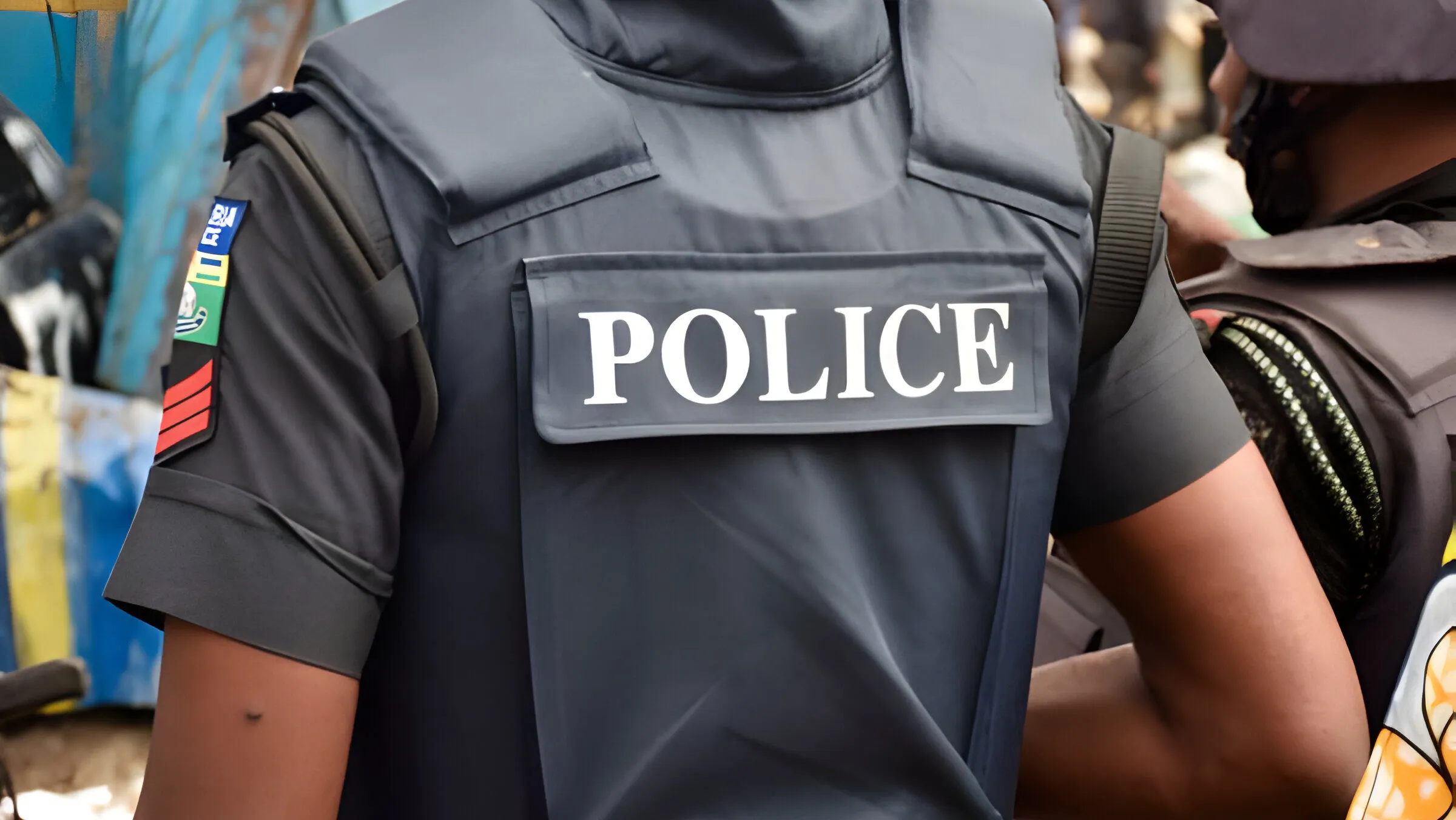In the quiet town of Ogwashi-Uku, Delta State, a single gunshot has reverberated far beyond the walls of Delta State Polytechnic. What began as a routine encounter between police and Eruru Christian, the Students’ Union Government(SUG) president, spiraled into a chilling spectacle of alleged brutality and corruption, a scene captured on video and now etched into the national consciousness. The incident, occurring in late February 2025, is not just another headline; it’s a piercing cry from Nigeria’s youth, a generation demanding to be heard, respected, and shielded rather than shaken down.
The story is as infuriating as it is familiar. Eruru, a student leader, was reportedly accosted by officers from the Ogwashi-Uku division of the Nigerian Police Force. Their demand? A paltry ₦500 bribe. When he refused, defiance met aggression: a slap, a threat, and then a bullet fired at his vehicle as officers fled the scene. In the grainy footage, Eruru’s voice rings out, accusing the police of assault and extortion, while the sound of gunfire punctuates his defiance. The Delta State Police Command has since detained the accused officer, promising an investigation. But for many, the damage is already done, not just to a car, but to the fragile trust between Nigeria’s young people and those sworn to protect them.
This isn’t an isolated flare-up. From the Federal University Lokoja, where police fired teargas at students protesting the deaths of colleagues killed by a truck, to Akwa Ibom State Polytechnic in Ikot Ekpene, where students decry a “nightmare” of harassment, a pattern emerges. Across the country, police interactions with students and youth often teeter on the edge of confrontation rather than cooperation. These are not mere clashes of authority and rebellion; they’re symptoms of a deeper malaise, a systemic disconnect where law enforcement sees the young not as citizens to serve, but as targets to exploit.
Consider the stakes. Nigeria’s students are not just the future; they are the heartbeat of its present, a vibrant, restless force driving innovation, activism, and hope. Yet, too often, they find themselves at odds with the very institutions meant to safeguard their potential. The Ogwashi-Uku incident lays bare a troubling reality: when a student leader, entrusted to represent his peers, is met with a gun barrel over a petty sum, what message does that send to the millions of young Nigerians watching? That power trumps principle? That their voices, no matter how loud, can be silenced by force?
The police response, detaining the officer and issuing measured statements, offers a glimmer of accountability. SP Bright Edafe, the state police spokesperson, condemned the officer’s actions while suggesting Eruru’s heated reaction may have escalated tensions. It’s a fair point; emotions can ignite volatile sparks. But it sidesteps the root question: why does a refusal to pay a bribe ignite such a response in the first place? Why must students, already burdened by rising costs and insecurity, navigate a gauntlet of greed masquerading as authority?
Here’s the thought that lingers, sharp and insistent: if the police are a mirror of society, what does this incident reflect about us? Nigeria’s youth are not asking for perfection; they’re pleading for dignity. Each clash, each slap, each shot, chips away at the social contract binding a nation to its people. And when that contract frays, it’s the young who bear the scars, their optimism replaced by cynicism, their ambition stifled by fear.
This isn’t a call for vilification but for introspection. The Nigerian Police Force, understaffed and underpaid, operates in a crucible of its own, facing kidnappers, insurgents, and a public quick to scorn. Yet, reform cannot wait for sympathy. It demands action: better training, stricter oversight, and a cultural shift that redefines policing as service, not subjugation. For every officer detained, there must be a dozen empowered to uphold justice without a price tag.
To the students of Delta State Polytechnic and beyond, this moment is yours. Eruru Christian’s stand wasn’t just for himself, it was for every young Nigerian who’s ever felt the sting of a system that forgets them. Let this gunshot be a wake-up call, not a death knell. Nigeria’s future deserves police who protect its youth, not prey on them. Because when the dust settles in Ogwashi-Uku, the real question isn’t who fired the shot, it’s whether we’ll finally listen to those it was aimed at.



